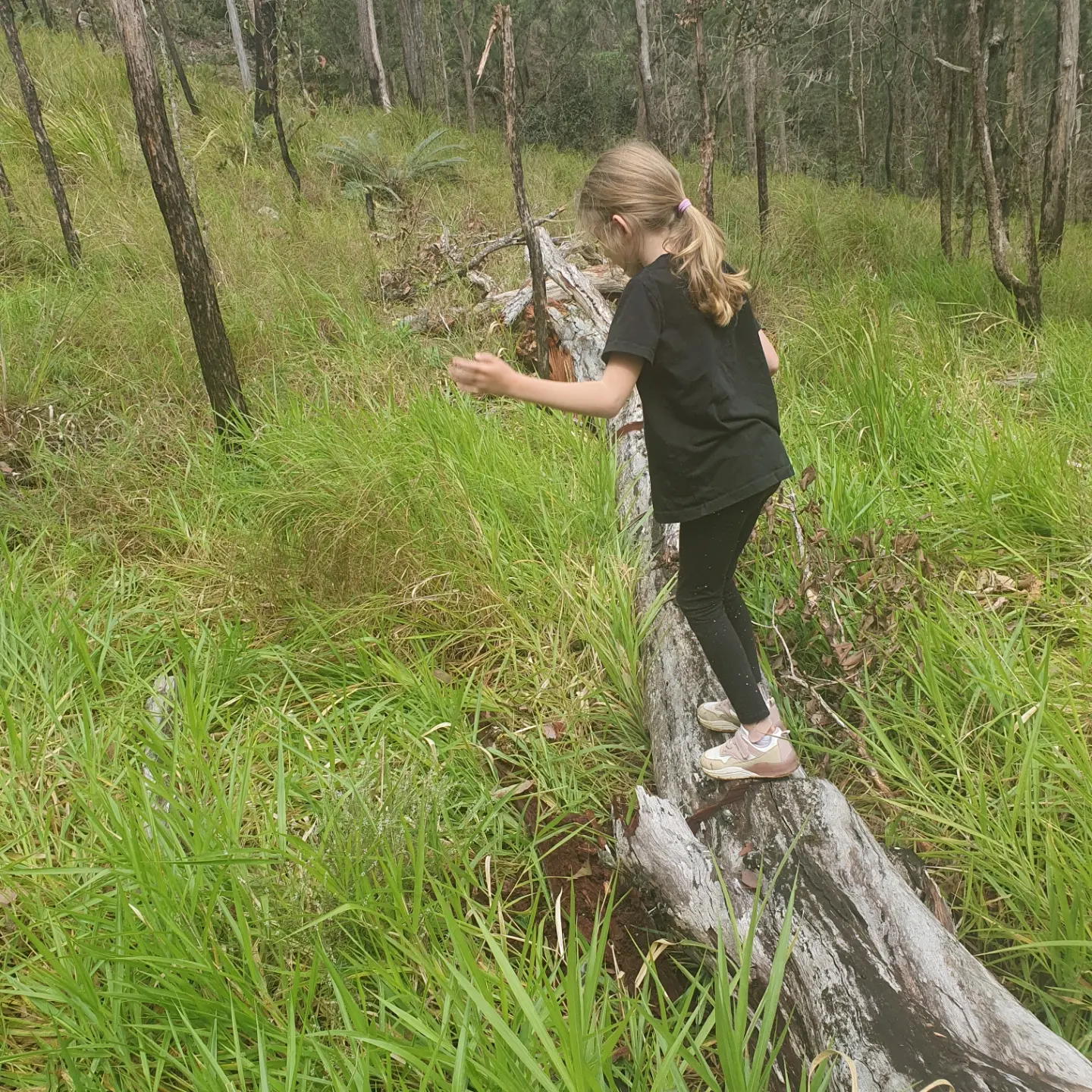Mama's Musings
Resource Review: Cool.org
As a homeschooling parent, you may wear many hats—teacher, mentor, facilitator, and more. I always feel more confident when I 'stay in the loop' of educational trends. It doesn't mean I implement them, but I am interested in what's out there. Professional development (PD) doesn’t have to be expensive or out of reach. That’s where Cool.org comes in. It's quite well known as a source of great teaching resources, but PD is another aspect of this online community.
Cool.org is an incredible online platform that offers free, high-quality professional development for educators, including homeschoolers. It provides self-paced courses, webinars, and resources designed to support diverse learning environments. There are different levels of access, but for me so far, the free resources have been plenty!

As a busy homeschooler, flexibility is key. Cool.org’s professional development courses are self-paced, so you can learn when it suits you—whether it’s during quiet evenings or while you...
Adaptable, Loving, and Present
Homeschooling is a journey of growth - not just for our kids but for us as parents and educators. Like any journey, it brings with it twists, turns, and unexpected leaps, and in my experience, the ability to adapt to these changes is as essential as any lesson plan. Today, I’d like to share some thoughts on adapting to change as a homeschooler and why flexibility, openness, and family-centered priorities are key.

Recognising the Need to Be Flexible
One of the greatest gifts homeschooling offers is flexibility. Unlike traditional schooling, where a rigid schedule dictates the pace, homeschooling allows us to pivot when needed. But it’s easy to get caught up in our own expectations - believing we have to “finish the curriculum” or “stick to the plan” no matter what. We must remember that plans are just that: a rough guide, not a rulebook. Life will throw curveballs, and learning to embrace them with grace and flexibility helps us model adaptability for our children.

For a few year...
Managing Eco Anxiety in Children
Originally appeared in the August 2023 issue of What's On Magazine
As the world becomes more aware of the impacts of climate change and environmental degradation, a new phenomenon is emerging: eco-anxiety. This term describes the feeling of anxiety, fear, and despair that can arise in response to any environmental crisis. Unfortunately, it's not just adults who are experiencing it - children are also feeling the effects of eco-anxiety.
It's understandable why children might be feeling anxious about the state of the environment. They see images of natural disasters, hear stories about species going extinct, and are told that the planet is in trouble. It's a lot for them to take in, and it can be overwhelming.

So, what can parents, carers, and educators do to help children cope with eco-anxiety?
Listen: Listen to children’s’ concerns. Let them express their feelings, and then validate their emotions. Don't dismiss their worries or tell them that they're overreacting. Instead, ackno...
Socialising Outside the Box
I've written about socialisation several times in the past, including this blog post. I think it's fair to say that the homeschool socialisation myth has been debunked by now! Siblings, cousins, neighbours, family friends, homeschool groups and co-ops, faith meetings, and after-school activities are the most obvious ways we can socialise, but what else is there for homeschoolers? Here are a few ideas you may not have considered...
Volunteering - kids can often volunteer alongside their parents or another carer and do meaningful work in the community. This helps encourage an attitude of service, an awareness of other people's lives, connection with plants or animals, and/or a feeling of belonging. From a young age my own children were involved in the same community activities and events I participated in - a bartering system, various gardening groups, washing an older neighbour's dog regularly, pet sitting, house sitting, and running activities and camps for other homeschoolers.
...Friday Freebie: Parenting Webinar
5 Social Lessons Every Child Must Know
with Nicholeen Peck
In order for children to be successful socially they need good examples to model after. And what better model to use than yourself? In the webinar, 5 Social Lessons Every Child Must Know, avid homeschool and parenting expert Nicholeen Peck will go through the tools children need to interact with peers while learning social conduct from the best examples they have, their parents.
I almost always find useful tips and tools, and of course encouragement in parenting workshops, webinars and books. I've been parenting for 26 years and I'm still learning!
This FREE WEBINAR with Nicholeen Peck is on TODAY! So book now! It may be recorded for later viewing, check back for more info.




